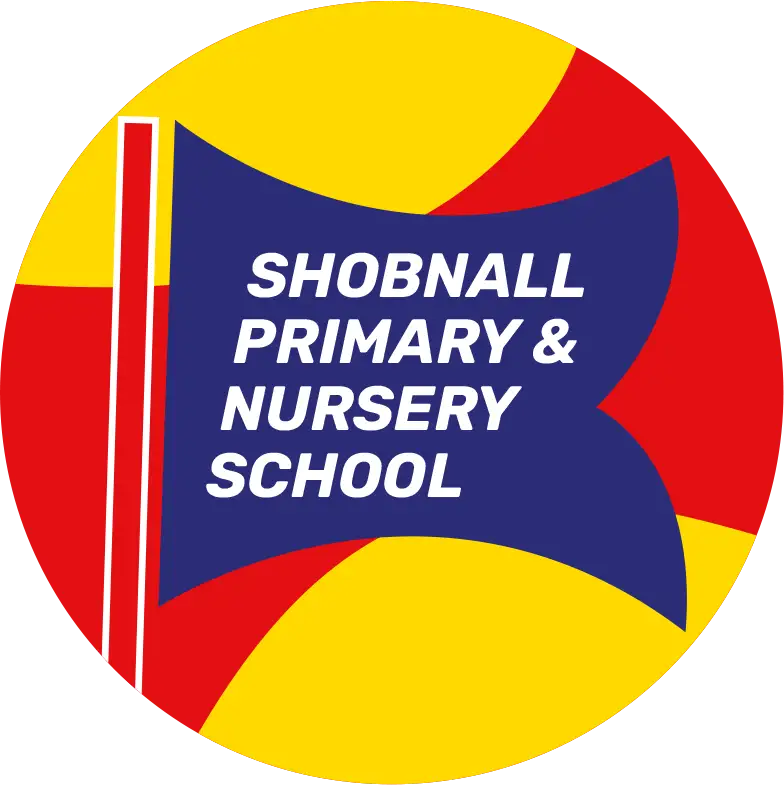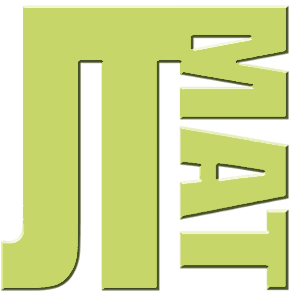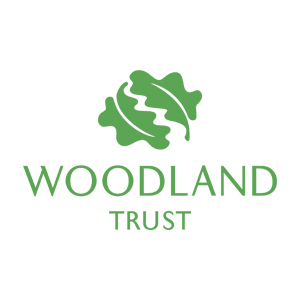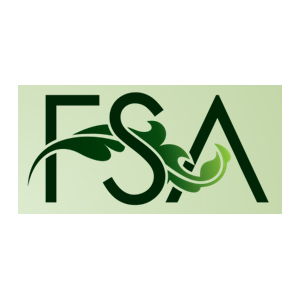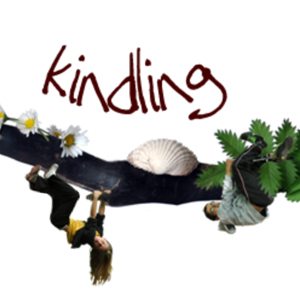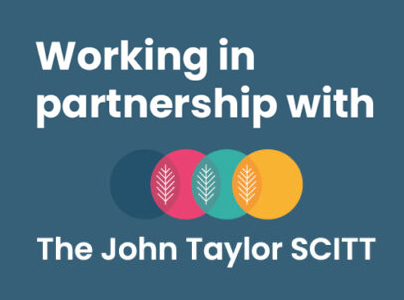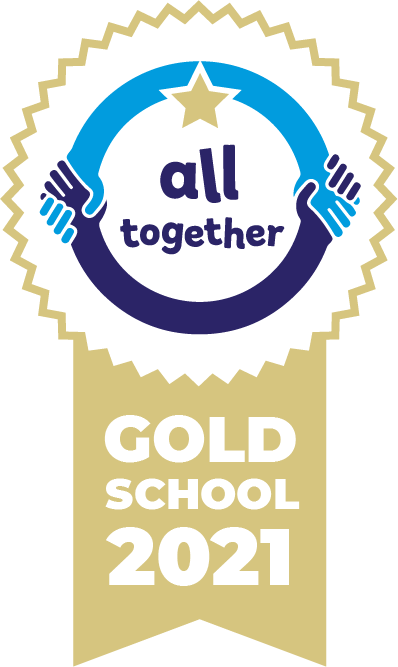Forest School
Subject Leader
Miss M. Alexander
Hi! My name is Miss Alexander and I am a Forest School Leader at Shobnall Primary & Nursery School.
For me, training to be a Level 3 Forest School Leader has been one of the most incredible and life-changing journeys I’ve ever taken! I have met some amazing people and stayed in some remote places to learn about bush craft and survival skills. Being part of nature promotes positive mental wellbeing and true happiness, which is what I want to pass onto our children at Shobnall Primary & Nursery School.
I love the freedom that outdoor learning offers our children; it immerses them into a natural space that cannot be equalled in any other habitat. It is wonderful to see how eager children are to explore the woodland environment, and how captivated they are when they discover they have achieved a new skill, learnt something new about nature, or indeed themselves.

Forest School Leaders
Forest School sessions are run by a qualified Level 3 Forest School Practitioner with the support of other adults in school.
Mrs Farrington, Miss Alexander, Miss Lord, Mrs Martin and Mrs Johnston have met the qualification standards for the Level 3 Forest School Qualification. They are responsible for the planning, organisation and delivery of Forest School activities to ensure the health and safety of all pupils.
Vision
At Shobnall Primary & Nursery School, we aim to create life long memories for our pupils by giving them the opportunities to experience the awe and wonder of the great outdoors through fostering a natural curiosity in the world around them. Through all pupils’ unique journeys, they will gain some core skills along the way that will be useful to them throughout their lives as well as helping them to understand about the changing seasons, and appreciating and caring for the natural environment around them.
Pupils will be given the opportunities to experience learning over time. All pupils from Nursery to Year 6 will participate in half termly blocked sessions on a rotation basis during the year, in our own wooded environment, run by fully trained members of staff. By observing carefully, Forest School Leaders will scaffold and extend pupils learning through a range of planned and freely chosen activities. Inquisitive minds will be developed by supporting pupils with small achievable tasks to develop their confidence, self-esteem, communication, social and physical skills. We aim to make every Forest School session fun and memorable for our pupils!
Aims and Goals
At Shobnall Primary & Nursery School we are very lucky to have our own Forest School site within the grounds, equipped with an outdoor classroom and toileting facilities! Through the use of our wonderful facilities our Forest School aims are as follows:
- To provide opportunities for children to learn, develop and have fun.
- To provide a safe and stimulating environment where children feel comfortable to take risks, make choices and initiate their own learning.
- To help children understand, appreciate and care for their environment.
- To develop a safe, happy and welcoming environment which meets the needs of all learning styles.
- To develop self-esteem and confidence through engaging in small, achievable tasks which can be completed with success.
- To develop social and co-operative working skills.
- To provide and develop practical life skills in an outdoor environment.
- To be true to the forest school ethos and approach while providing ways of meeting the Early Years Foundation Stage requirements and National Curriculum learning objectives where applicable.
Curriculum
Forest School sits in a unique place within the school timetable. Being a child led, responsive programme, it does not follow a structured, progressive system in the same way that a traditional National Curriculum subject would. Indeed, it would be counterproductive to impose such a traditional structure on it; it is an experience more akin to a therapeutic intervention than a traditional subject.
The progress of a session, or series of sessions, will depend on the moods and enthusiasms of the children involved, chance events and encounters during the session, and the maturity and age of the children.
Each class will experience one cycle of Forest School sessions each year, with this taking place in a different season each time, which will have a natural impact on the type of experiences and activities they will experience.
At Shobnall Primary & Nursery School however, we have developed a skills framework consisting of five core skills, which are built upon in each year group. The five core skills cover tool use, fire, knots, cooking methods and nature. In addition to this ‘mindfulness skills’ run throughout each session, using a ‘Sit Spot’ to encourage time to ‘be in the moment’ by having 5 minutes of peace, using the sense of hearing and smell particularly to enjoy the outdoors. In addition to this, Forest School Leaders liaise with class teachers to identify ways that Forest School activities can help support and embed learning within the classroom on current topics.
Assessment
Evidence of pupils Forest School learning experiences is captured and documented at Shobnall Primary & Nursery School in many different ways.
- We have a designated Forest School display board in school to showcase our learning over a half termly block.
- A weekly blog is added onto our Forest School web page.
- We Tweet after every session to share our learning experiences with our parents and carers as well as including a Forest School write up on our weekly school newsletter.
- A floor book is used to capture our learning over time.
- We leave samples of our learning and creations made in our outdoor classroom as a way of inspiring other children in their Forest School learning.
- When children have achieved their five core Forest School skills they are awarded with a certificate designated for their class.
Cross-Curricular
The holistic nature of Forest School teaching lies at the heart of our practice at Shobnall Primary & Nursery School and naturally supports cross-curricular learning. Where ever possible however, activities are planned to support topics and the National Curriculum. Below are a few examples where our Forest School has supported the EYFS curriculum and the National Curriculum.
EARLY YEAR FOUNDATION STAGE
Forest School fully supports the Characteristics of Effective Learning and the seven Areas of Learning in the EYFS. Apart from the obvious health benefits of learning outdoors, pupils are active and negotiate different terrains, navigating obstacles in their pathways. Being outside stimulates imagination; a stick can be a spoon, horse or a magic wand. The weather, seasons and the natural world can be experienced first hand. Watching autumn leaves fall from trees, walking in squelchy mud after copious amounts of rain, studying minibeasts and watching spring buds burst open into life are all aspects of the countless learning opportunities pupils can experience.
LITERACY
Year 1 wrote poems based around their 5 senses at Forest School and Year 5 pupils wrote their own Blogs for our school website.
SCIENCE
Being surrounded by nature gives the pupils multiple opportunities to investigate the world around them. This may include activities such as minibeast hunts, learning about habitats, pond dipping, studying local plants and their growth and investigating forces. Year 5 pupils made their own charcoal when studying irreversible changes.
MATHEMATICS
Pupils use their Maths skills to design and build shelters, using their estimating and measuring skills. Year 4 created their own Roman numerals and measured trees to estimate their age.
ART
Using natural resources that are found in the woodland enables pupils to create a plethora of art pieces.
D&T
The core skills at Forest School gives all pupils the opportunities to cut wood and shape it safely using a range of tools, depending on their age and skill level.
HISTORY
This subject has been well supported during Forest School sessions, examples being, looking at the rate of how quick materials catch fire as part of learning on ‘The Great Fire of London’, creating Roman mosaic patterns using natural materials and when looking at properties of mud, represented the moon when learning about the first moon landing.
GEOGRAPHY
Some pupils have been around the world during Forest School sessions and have visited Australia, using a square lashing to create Emu’s feet. In India, chapattis were cooked over the campfire and a problem scenario was given when in America, with pupils having to represent the Golden Gate Bridge!
MUSIC
This is embedded into every Forest School session with a singsong around the campfire. Children naturally make music by banging natural materials together as well as being given the opportunities to create their own instruments.
Pupil Voice
Three Year 2 pupils were chosen to talk about their Forest School experience at the end of their experience in the Autumn Term 2023.
Unanimously, all children said they enjoyed their Forest School sessions and spoke about their favourite part being; making clay aliens, playing with friends to make a den and exploring. One child commented on how the trees had grown since their last visit to Forest School.
When asked what they had learnt, responses consisted of ‘tying a clove hitch’, ‘cooking a Japanese stir-fry’ and knowing that ‘You can make so much from natural materials.’
The children were asked what the behaviour was like during Forest School sessions. Two children responded with ‘Good’ whilst another said; ‘You can be free and do what you want but everyone is still sensible!’
There was huge support for the WooWoo toilet! Children wouldn’t miss out on ‘fun’ learning because of the big walk back up to school, school would no longer get muddy and it made you feel better knowing there was a toilet there, in case you were really desperate!
When asked how the children felt by learning outdoors, they all commented ‘Happy!’
‘You don’t have pencils and stuff like that. You can find new ways of doing things. For instance, you can cook outside! I thought you only cooked on the oven!’
Documents and Useful Links
Please see our skills framework for Forest School, leaflet for parents and further information about the Forest School initiative. Click on the links below for useful resources too!
